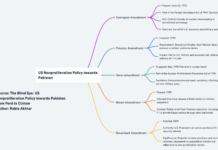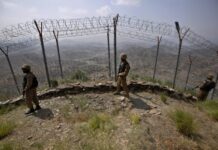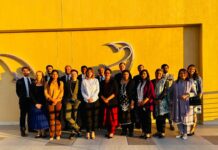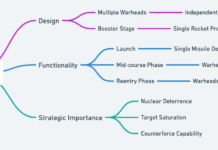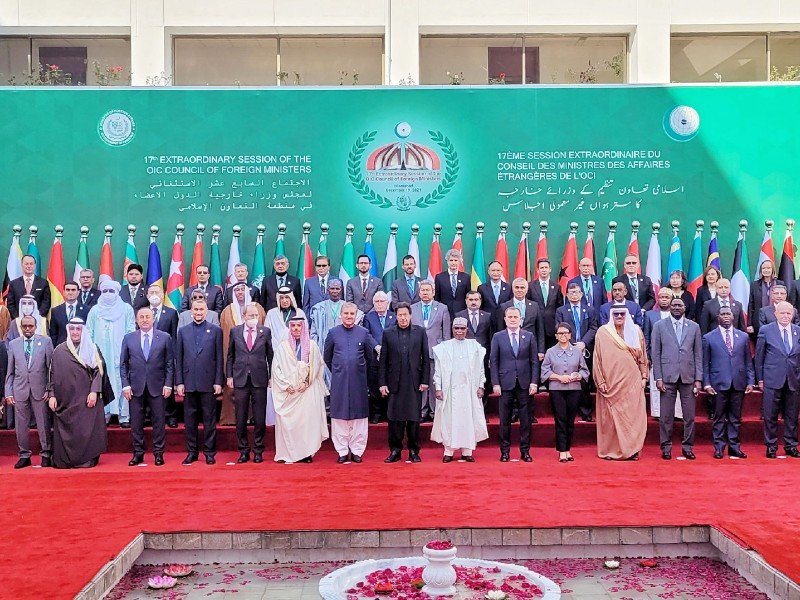Hassan Aslam Shad
The 17th Extraordinary Session of the OIC Council of Foreign Ministers on Afghanistan, held in Islamabad last week, was as much about Afghanistan as it was about Pakistan. By organizing the OIC summit, Pakistan has fired the first proverbial salvo to draw global attention to the catastrophic humanitarian crisis unfolding in Afghanistan. Pakistan has also messaged the world that it will not hesitate from punching above its weight when faced with existential crises threatening its own survival such as the one unfolding in neighboring Afghanistan. But, a more nuanced reading of Pakistan’s humanitarian gesture towards Afghanistan also reveals Pakistan’s own desire: to turn a new page with the world.
In other words, the OIC summit wasn’t just about Afghanistan. And, it did not have to be. In a world programmed to view Pakistan through the Afghanistan lens, and, going so far as to allege that Pakistan resurrected the Taliban back into power , it was Pakistan’s turn to flip this familiar tale on its head through a display of empathy towards the suffering Afghans and, in the process, to try and recast the lens through which it has been traditionally viewed , that is, with suspicion in global corridors.
So, what all has Pakistan managed to accomplish? First, let’s take the OIC summit. Organizing the summit was, by no means, an easy lift for a country like Pakistan that is often on the wrong side of global news. Managing the attendance of envoys and representatives of 57 Islamic countries, P-5 countries, various international organizations, not least the United Nations, and financial institutions, all under one roof in Islamabad, was no mean feat. It was a spectacular display of Pakistan’s diplomatic muscle, flexed at the right time.
What’s more, there was no better time to do this than now. With Afghanistan on the brink of a collapse and more than half its population in dire need of humanitarian assistance, Afghanistan is poised to become the world’s biggest humanitarian crisis. Making matters worse, in August this year, much of Afghanistan’s Central Bank’s $10 billion in assets were frozen by the U.S. in retaliation for the Taliban takeover of Afghanistan. The U.S. has conditioned the release of these assets on the Taliban demonstrating respect for rights of women and children and the rule of law.
Moreover, from a national security perspective, the situation in Afghanistan directly impacts Pakistan. Having already taken in more than 3.8 million Afghan refugees post-1979, and with its own economy struggling to take off, Pakistan was in no position to write another cheque to Afghanistan.
The immediate tangibles of the summit for Afghanistan were the following: it was agreed to create a Humanitarian Trust Fund and Food Security Program for Afghanistan; OIC would forge partnerships with the UN to mobilize a roadmap in the relevant forums to guarantee the flow of humanitarian assistance to Afghanistan; and, it would launch a program to ensure food security for the Afghan people. Taking the lead, Saudi Arabia pledged $ 260 million for Afghanistan.
Other than these encouraging outcomes for Afghanistan, there were also some clear positives derived by Pakistan. More on those positives below, but let’s first take a look at Pakistan’s important caveat made in relation to the Taliban dispensation.
Pakistan’s Foreign Minister Shah Mahmood Qureshi made it clear that “engagement” with the Taliban is to be contrasted from their recognition, something outside of the scope of the summit, which was aimed at “the people of Afghanistan” rather than “a particular group”. This was an important message from Pakistan. Knowing full well that the world has zero appetite for recognizing the Taliban dispensation in Kabul, Pakistan strictly limited itself to being the bellwether of global humanitarian efforts for Afghanistan. Although the statement was a repeat of Pakistan’s earlier attempts to decouple , and, to be seen to be decoupling, from the Taliban, Pakistan finally seems to have realized that this is the one wine that can intoxicate the world. Pakistan needs to say this out loud, time and again, even at the risk of being repetitive.
Drawing heavily from the OIC summit, Pakistan also stands a good chance at reviving its badly tarnished global image. Here is how the summit has helped Pakistan undo some of the reputational blemish, and, can help it shine a new light on its role and place in the international community.
First, by organizing the summit and packaging the endeavor as humanitarian assistance to Afghanistan, Pakistan has hit the right global chords. The world values uniters more than dividers, albeit for rhetorical purposes. Prior to the summit, the world had been largely nonchalant towards Afghanistan, barring stray statements by some countries supporting humanitarian assistance to Afghanistan. But, immediately after the summit, we see a new momentum. The U.S., for instance, has lauded Pakistan’s efforts in organizing the summit, with U.S. Secretary of State Anthony Blinken calling it a “prime example of our [Pakistan and U.S’] collective determination and action to help those most in need”. Needless to say, this presents Islamabad with a good opportunity to mend its frayed relations with Washington due to mutual distrust, more particularly in relation to Afghanistan.
Second, Pakistan stands a good chance of gaining geoeconomic advantages, not least because the country’s geoeconomic goals cannot be achieved should Afghanistan descend into chaos. For the ingress of humanitarian assistance into Afghanistan, something that will inevitably involve the global supply chain, the only natural and expansive conduit is Pakistan which shares a 2650-km-long border with Afghanistan. By leveraging its regional connectivity that is a gift of geography, Pakistan can become the pivot state for providing a new lifeline to Afghanistan and, in the process, also take steps to resurrect its own economy.
Third, Pakistan can burnish its credentials through further global outreach in relation to Afghanistan. Instead of resting on its laurels and, thus, risking public memory in relation to Afghanistan to fade away, as a follow up to the summit, Pakistan should reach out to Muslim as well as Western countries at the bilateral level. The idea should be to extract a least common denominator, a consensus, so to say, in relation to Afghanistan to the extent that the world will not let Afghanistan slide into pandemonium. This consensus can be created at regional and global conferences convened by Pakistan to discuss Afghanistan and the region. By injecting a new global purpose towards Afghanistan and, concomitantly, in its own role towards Afghanistan and the region, Pakistan can slowly but surely chip away at entrenched negative perceptions that the world has held about it over the years.
Pakistan seems to have realized that the road to the world’s heart passes through Afghanistan. For Pakistan, Afghanistan has been the vortex that has sucked up its forward momentum be it on the economic, social, political or image fronts. By tactfully leveraging an opportunity out of a crisis, Pakistan stands a good chance at redeeming its lost place and rightful role in the world. This is from Pakistan with love. And, the world must reciprocate.
Hassan Aslam Shad is a practicing international lawyer based in the Middle East. He is a graduate of Harvard Law School with a focus on international law.



